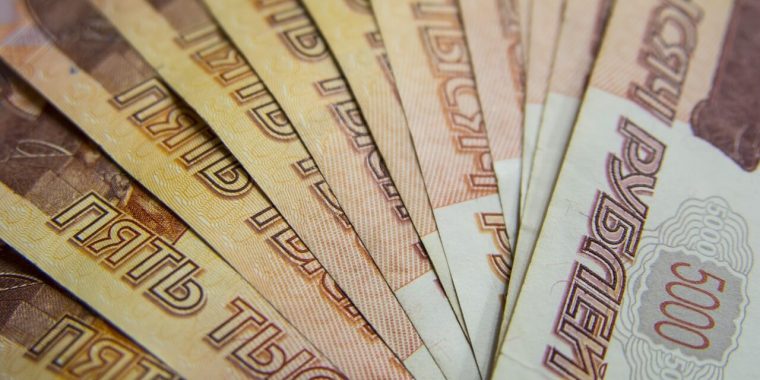As we approach the end of 2014, world economy, the energy sector to be more precise, lies in a dismal state. Back in June, oil prices were at an all-time high. They have been slashed by nearly 40% since then. This rapid collapse of oil prices has had an adverse effect on various economies, such as that of Russia and Iran.
Russia, in particular, is having a bad outing — shrinking energy prices are followed by a rather crucial monetary crisis. The exchange rate of Russian rouble in relation to the American dollar has fallen by over 50% this year, and in the past week itself, Russian currency lost 17% of its value.
The question that now arises is: will the plummeting oil prices and a sinking currency spell doom for Russian plans of world domination?
What’s Wrong With Oil Prices?
The roots of the recent energy crisis can be traced back to an ever-increasing global surplus of crude oil supply. The production of shale oil and tar sands in North America, particularly the USA, has risen in 2014. This has, in turn, forced certain oil-centric economies, such as Saudi Arabia, to go above their previous production commitments.
All of this can possibly be viewed as an American scheme to subdue the economies of Iran and Russia. However, even if it is not a deliberate attempt by USA to pursue monetary expansion, the primary victims of the falling oil prices so far have been Venezuela, Iran and obviously Russia.
Why?
Russia, Venezuela and Iran need a base price of at least $140 per barrel in order to balance their budget, simply because all of these countries indulge in social spending and subsidized imports of important goods.
Thus, if the price of oil falls below $140 per barrel (it went to as low as $60 per barrel this year), retaining the break-even point for countries such as Russia, Venezuela and Iran becomes nearly impossible. Add to it the fact that the energy sector accounts for nearly half of Russia’s state revenues and a quarter of its GDP, and things clearly do not look very promising for the Russian economy.
The Case of Russia
Shrinking oil revenue and threats of Western economic sanctions have resulted in the collapse of the Russian rouble and capital flight. As a knee-jerk safety measure, Russian central bank did increase the interest rate — while this might slow down the fall of the rouble, it will also hurt the purchasing power of the Russian consumer and lead to inflation. In fact, government estimates claim that food prices might increase by 12% and overall inflation rate will rise up by 10% towards the start of 2015.
A weak rouble is not in Russia’s favour, for instance:
- Russian banks might fail to reimburse the $120bn in debts to international creditors (scheduled for payment in 2015).
- Lavish infrastructural investments of the Sochi Winter Games too need to be paid; and the 2018 World Cup is just around the corner.
- Russian finance minister is already reconsidering the $500bn rearmament programme.
- The development of an independent Russian space station too might be in jeopardy.
Conclusion
As of now, Russia is losing $2bn per every dollar decrease in the price of oil. Crisis of the energy sector, a collapsing currency and Western sanctions — you name it!
Clearly, Russia does have a lot to worry about. It is worth noting that back in 1991, the USSR collapsed not because of military failure, but primarily due to economic dysfunction. So, does this mean Russian Federation is in a state of jeopardy?
Probably not. Unlike Gorbachev, Putin has a better portfolio to his credit — by playing on nationalistic sentiments, punishing Ukraine and ultimately annexing Crimea, Vladimir Putin has given the average Russian a lot to be optimistic about, even though times are tough on the economic front.
In 2014, Putin enjoyed a good deal of popularity, with his popularity index touching the 80% mark. As a result, the Russian leadership can be sure that another 1991 is nowhere in the making, and the Deputy Finance Minister Aleksey Moiseev can indeed claim that Russian economy is “simply adjusting to the new realities of international trade”.
All said and done, Kremlin is surely not enjoying the ongoing economic issues, but it is ready to weather the shock as well. Russia’s foreign currency reserves of roughly $428bn make a default of payments slightly unlikely, and as an outcome, Russia has the capability to overcome its economic woes.

